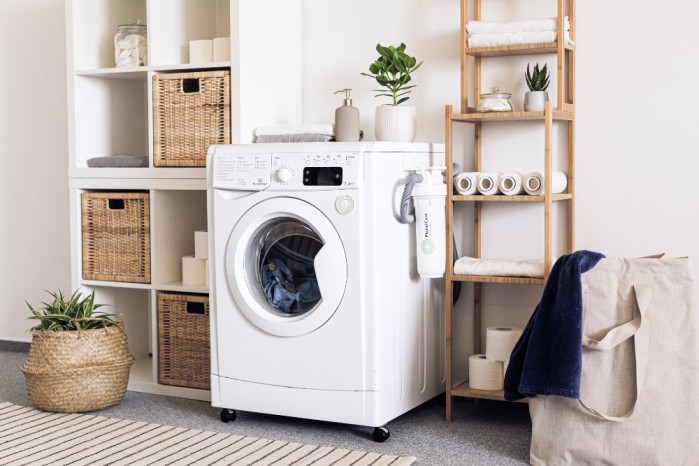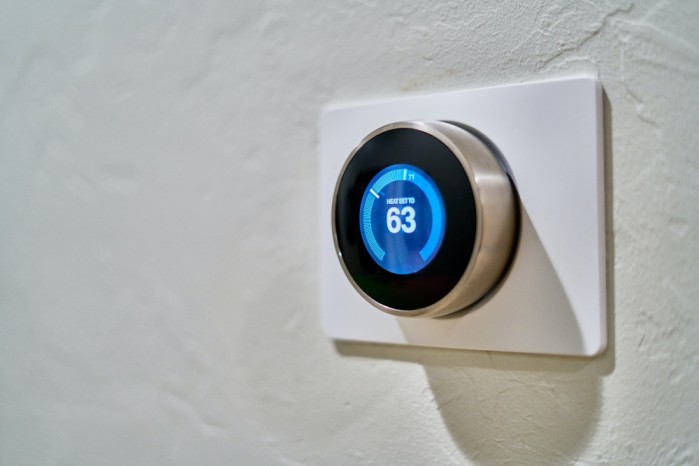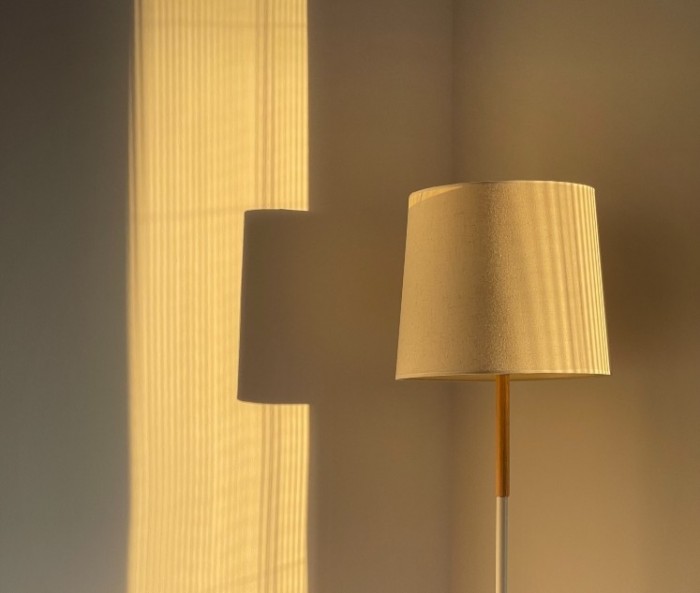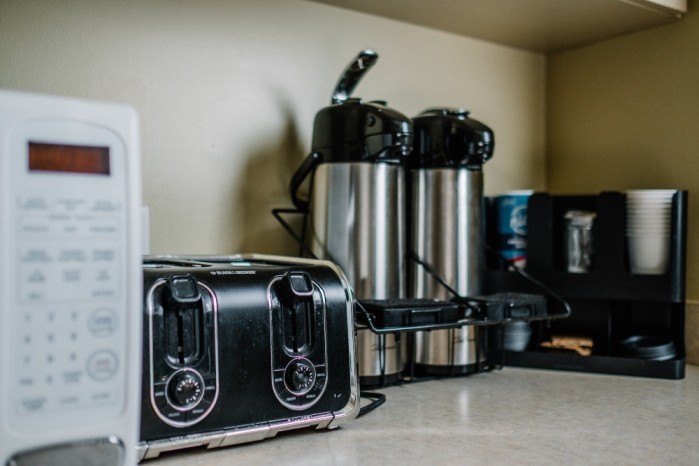Saving Energy

Stay smart with these energy saving tips
With high energy prices, it's tempting to leave the heating off, but doing so all winter can lead to damp and even health problems. Instead, there are smarter ways to cut down on energy bills without compromising your home’s condition. At Advance Northumberland Homes, we know paying energy bills can be tough right now, so here are our top energy-saving tips to keep your home efficient this winter.

Number 1: Turn off standby
Did you know that appliances left on standby can still use a surprising amount of energy? After you finish work, remember to turn off devices like laptops, TVs, game consoles, and kitchen appliances completely - ideally, at the wall. This small step can make a big difference to your bills over time.
Number 2: Wash on 30°
Modern detergents work just as well at 30°C, which helps reduce energy usage. Try to wash full loads to maximise savings. For households with older machines, switching to 30°C can save even more - up to £19 per year. Don't forget to do the same with your dishwasher for extra savings!
Tip: If your energy tariff offers off-peak times, washing clothes or running the dishwasher between 10 pm and 5 am can save even more.

Number 3: Optimising your thermostat
Setting your thermostat just 1°C lower can reduce your energy bill by up to 4% - about £100 a year! The World Health Organization (WHO) suggests 18°C is a comfortable temperature for healthy adults. Make sure to program your thermostat to match when your home is occupied for optimal savings.
Number 4: Boil only what you need
Kettles can account for 6% of your household’s electricity use. To cut this down, only boil as much water as you need. Regularly descaling your kettle can also prevent energy waste from limescale buildup.

Number 5: Adjust Your Boiler’s Flow Temperature
Most combi boilers are set at a higher-than-necessary flow temperature. Reducing the flow temperature can save you between 6-8% on your energy bills. For non-combi boilers, consider using cheaper alternatives like electric blankets or hot water bottles to stay warm.
Number 6: Switch to Energy Saving Bulbs
Lighting takes up about 12% of a household’s electricity. Energy-saving or LED bulbs use about half the energy of traditional bulbs and last much longer. Although there’s an upfront cost, you could save up to £27 a year, and the bulbs will pay off over time. It's also worth switching off lightbulbs when you leave the room, no matter how long you're leaving for.

Number 7: Take shorter showers
Showers can surprisingly drive up energy costs. By cutting your shower time by just one minute, you could save over £200 a year. Consider timing your showers or installing a water-saving showerhead to help reduce water and energy usage.
Number 8: Use oven alternatives
Using your oven for small meals can be energy inefficient. Instead, try using a microwave, which uses around 25% of the energy an oven would, or an air fryer, which reduces cooking times and energy consumption. Slow cookers are another energy-efficient option, perfect for meals like stews and curries.
By following these tips, you can save energy, reduce your bills, and help the environment, all while keeping your home safe and comfortable this winter. Stay smart and stay warm with Advance Northumberland Homes.
